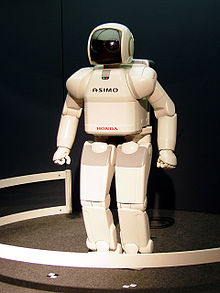[contextly_auto_sidebar id=”NUIeoMZoQbFSCCvhJftok1FkbupHfdXm”]
WELL, folks, it’s gotten to the point where we’ve gotta ask this question. With various kinds of automation and AI replacing human labels even at the most cerebral and professional level — it’s not just bank tellers any more — we’ve got to ask, What can humans do that a computer or algorithm can’t?
A new Slate story notes that both the Associated Press and the LA Times are automated some of its stories (on corporate earnings reports and earthquakes, respectively) but takes an optimistic, it-won’t-happen-to-you point of view. Slate technology writer Will Oremus points out that these are the kind of rote stories that reporters don’t like doing, and argues that journalists should be okay.
First let’s look at what humans do well. We’re good at telling stories. We’re good at picking out interesting anecdotes and drawing analogies and connections. We’re good at framing information: We can squint at the amorphous cloud of information that surrounds a news event and discern a familiar form. And we have an intuitive sense of what our fellow humans will find relevant and interesting. None of these qualities come naturally to machines.
He breaks down, throughout the piece, what humans do better vs. what bots do better. This story is well-argued and intelligent. Let me point out, though, that when a profession is redrawn by technology, it often unfolds in ways that are hard to predict. The technology experts I’ve spoken to on the subject have argued that the power of AI and various software is increasing exponentially. A lot of people — even well-educated, highly skilled people — will now know just how serious the problem is until they find themselves replaced or their employer ruptured beyond repair. 
By the way, a new report shows newspaper reporters among the most endangered jobs, alongside meter readers and travel agents.

there’s a funny sentence in that snippet: “None of these qualities come naturally to machines.” I’m trying to think of any qualities that come naturally to machines …